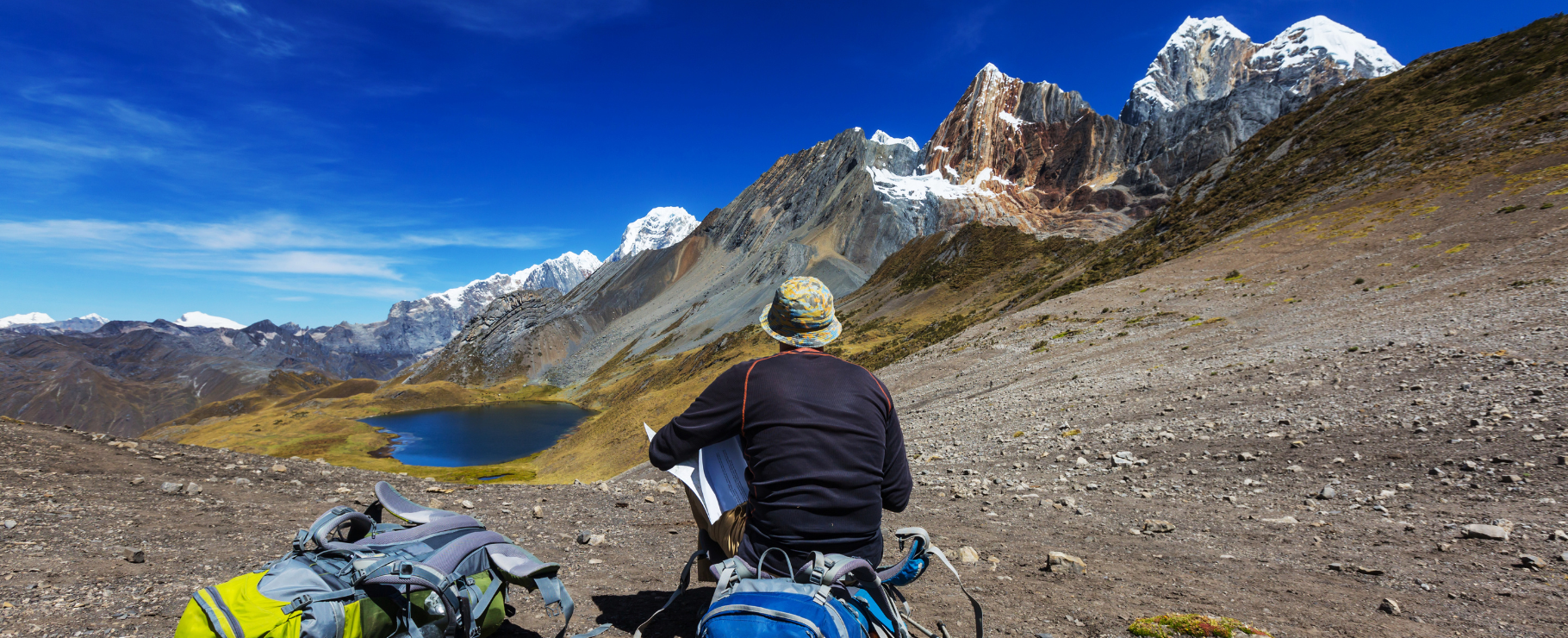Home » Nutrition tips for mountain climbs
Nutrition tips for mountain climbs
Everything you need to keep in mind before, during and after
Climbing mountains is not only a physical challenge, it also puts your body to the test in terms of nutrition. Whether you’re planning to scale a 3,000-metre peak or are facing the harshness of the world’s highest peaks, proper nutrition is key to maintaining your energy, endurance and health. At Top Summits of the World we know how important it is to prepare every detail for a successful climb. That’s why we’ve compiled our best nutrition tips to help you get the most out of your experience, before, during and after the climb.
Pre-Climb Nutrition: Preparing Your Body
1. Increase your intake of complex carbohydrates
Carbohydrates are the main source of energy for your muscles. Opt for complex carbohydrates, such as oats, brown rice, quinoa and whole grain bread, which provide slow-release energy. During the weeks leading up to the expedition, increase your intake to ensure your glycogen stores are topped up.
2. Introduce probiotics into your diet
Maintaining a strong digestive system is essential when you are exposed to new altitudes and conditions. Foods such as yogurt, kefir and sauerkraut, or probiotic supplements, can help you avoid stomach problems during the expedition. In our experiences, we have seen how healthy intestines can make a difference in performance when climbing a peak.
3. Constant hydration
Drinking enough water is key before an ascent to avoid dehydration at high altitudes. In the weeks leading up to the event, increase your water intake and accompany it with drinks rich in electrolytes such as coconut water or isotonic drinks, which will help you balance the minerals you need.
4. Boost your protein intake
To prepare your body for the effort, it is vital to consume lean proteins such as chicken, fish or eggs. This will help with muscle repair and strengthening during the previous workouts.
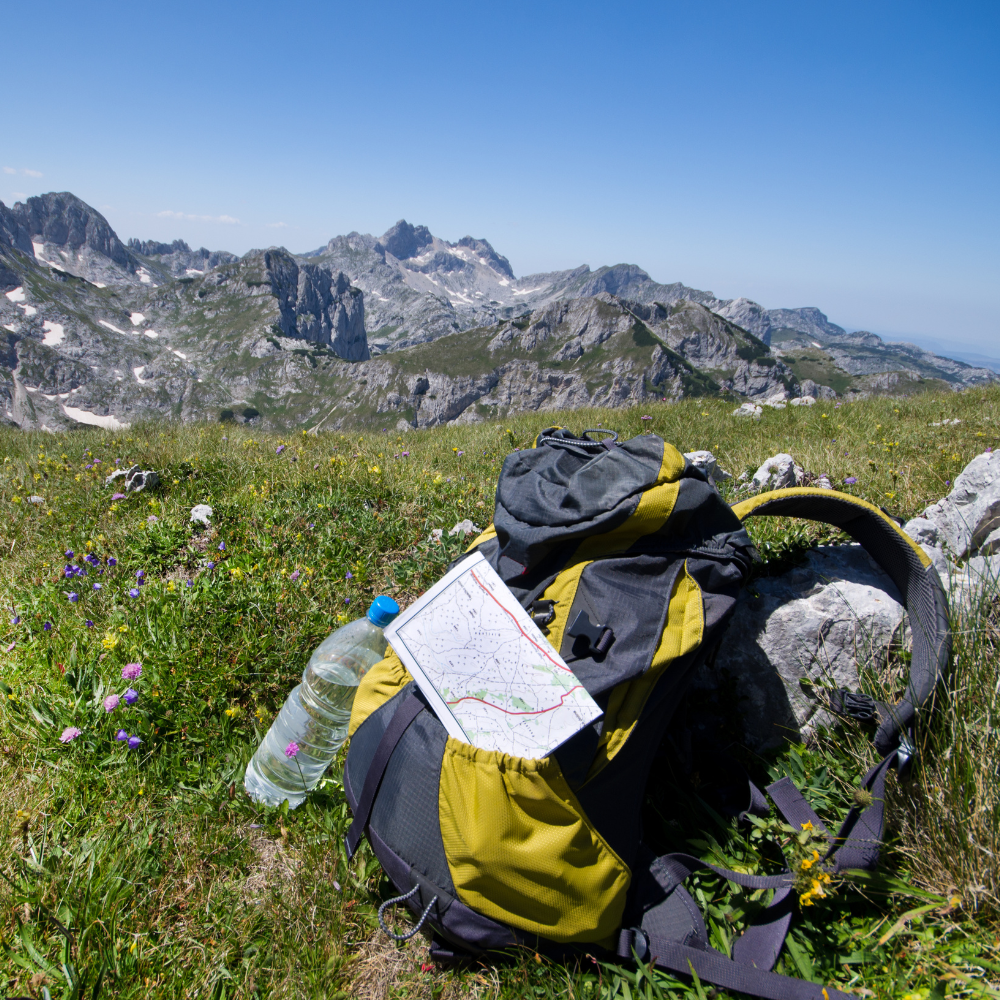
5. Don’t forget micronutrients
Vitamins and minerals such as iron, magnesium, and vitamins B and C are essential for performance at altitude. From our experience at Top Summits of the World, we recommend consuming fruits and vegetables such as spinach, broccoli, oranges, and bananas, or even considering supplements if necessary.
During the climb: maintain your energy and performance
Once you are fully up, it is crucial to follow a correct nutritional strategy to maintain your energy. At high altitudes, your appetite may decrease, but you must not forget that continuing to eat and hydrate is essential during the climb.
1. Always drink bottled water
One of the most common risks on expeditions is consuming untreated water. At Top Summits of the World we always recommend carrying enough bottled water or using purification systems such as filters or purification tablets. Contaminated water can cause gastrointestinal problems that put your ascent at risk.
2. Easy-to-digest foods
Digestion slows down as you climb, so it is advisable to consume light, energy-rich foods. Energy bars, nuts and dark chocolate are good options that will give you the necessary energy without overloading your stomach.
3. Keep electrolytes in balance
In the mountains we lose essential minerals through sweating, even if we don’t notice it. Carry electrolyte tablets or isotonic drinks with you to avoid cramps and extreme fatigue. Throughout our expeditions, we have seen how good hydration and adequate electrolytes can make a big difference in performance.
4. Eat in small portions
Instead of large meals, it is preferable to divide your food into small frequent portions. Every two hours, eat a snack such as nuts or wholegrain biscuits to keep energy levels stable.
5. Beware of altitude sickness
Altitude sickness is a real concern when we go above 2,500 metres, and it is something that should not be taken lightly. As we ascend, the decrease in oxygen in the air can cause symptoms such as headache, dizziness, nausea and even more serious problems if not treated in time. In addition to properly acclimatising and pacing yourself, it is essential to stay well hydrated and not skip meals, as the discomfort caused by altitude sickness can be made worse if you are malnourished or dehydrated.
At Top Summits of the World we always stress the importance of listening to your body. If you start to experience any of these symptoms, slow down your pace and, if necessary, descend to a lower altitude. For more information on how to prevent and treat altitude sickness, we recommend reading our full article How to prevent altitude sickness on climbs, where we explain in detail the best practices to maintain your health and safety at high altitudes.
Post-ascent: recovery and nutritional care
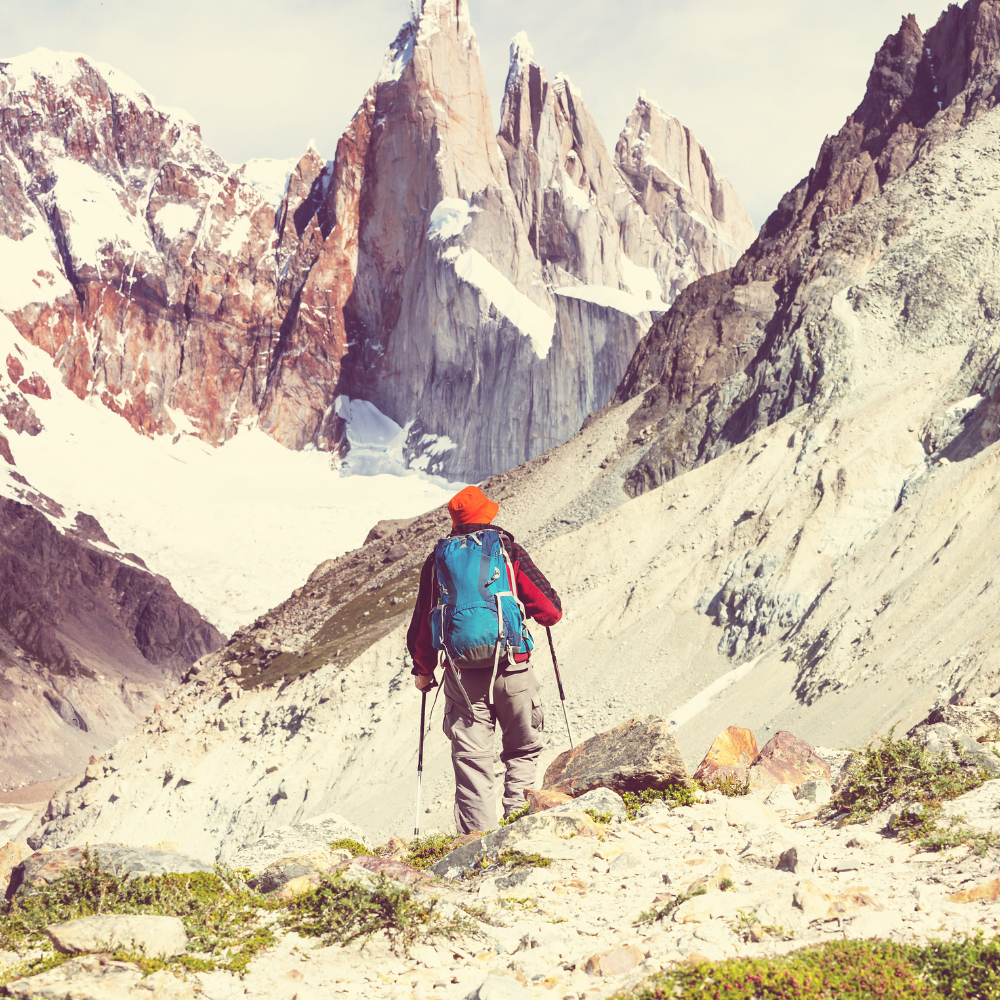
1. Rehydrate your body
Dehydration is common after a climb, although it may not always be obvious at first. Prioritise rehydration with water and electrolyte-rich drinks to restore the balance of salts and fluids in your body.
2. Recover your muscles with protein
After extreme effort, your body needs protein to repair damaged muscles. Protein-rich foods such as fish, lean meat or protein shakes are ideal for speeding up recovery.
3. Restore your glycogen stores
Glycogen, the energy source stored in your muscles, will have been depleted during the climb. Restore your levels by consuming quality carbohydrates such as rice, pasta or potatoes in your post-ascent meal.
4. Take probiotics for digestive balance
The change in altitude and the intake of different foods can affect your digestive system. At Top Summits of the World, we often recommend resuming probiotics to restore intestinal balance and prevent stomach upset.
5. Visit the International Travel Unit if necessary
If you notice unusual symptoms after the climb, such as gastrointestinal problems or signs of infections, we suggest visiting an International Travel Unit. Centers such as the Hospital Clínic offer complete check-ups for climbers who have been exposed to extreme conditions or areas with health risks.
At Top Summits of the World, we understand that proper nutrition can be the key to a successful climb. From pre-ascent preparation to post-ascent care, what you eat and drink directly impacts your performance and recovery. By following these tips, you will not only improve your experience in the mountains, but you will also ensure the well-being of your body at all times.
OUR LATEST PUBLICATIONS
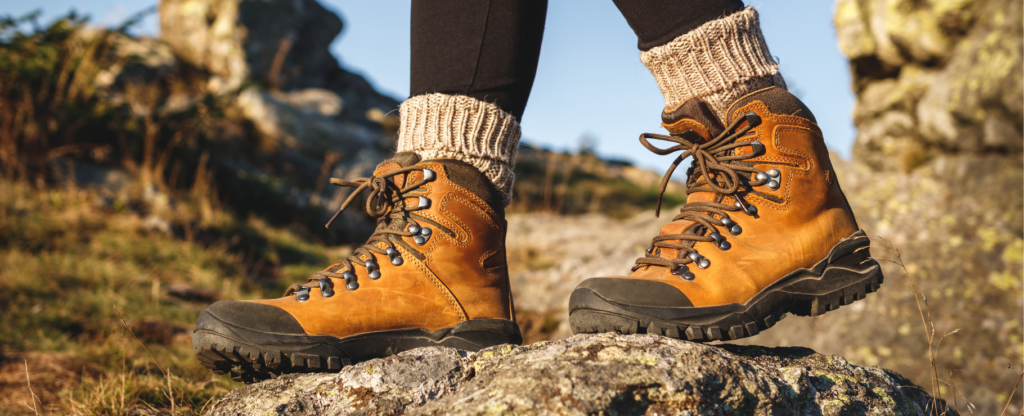
How to choose the best hiking boots for extreme climates
Protect your feet at heights At Top Summits of the World we know that every detail counts when it comes to facing the challenges of

Altitude preparation: the keys to hypoxia training
How hypoxia machines improve our performance in the mountains Climbing to high altitudes is no easy feat, and any mountaineer knows that preparation is key
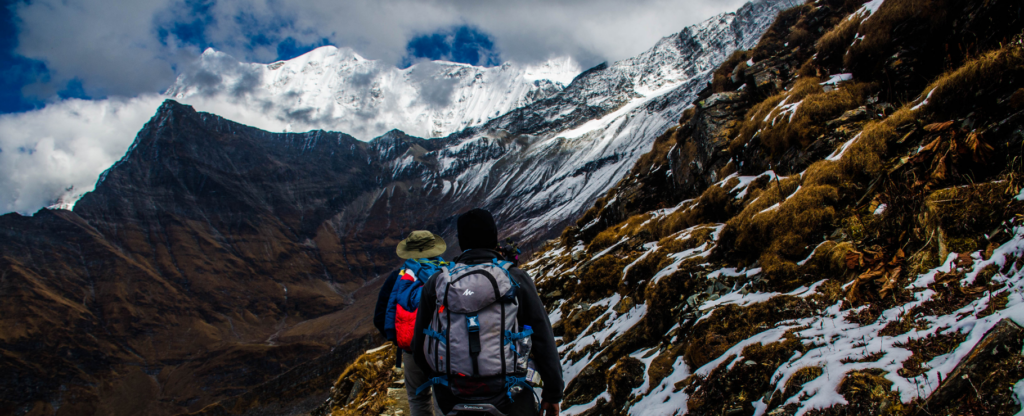
How to prevent altitude sickness on your climbs
You must know everything At Top Summits of the World we understand the irresistible call of the mountains and the thrill we feel when reaching

